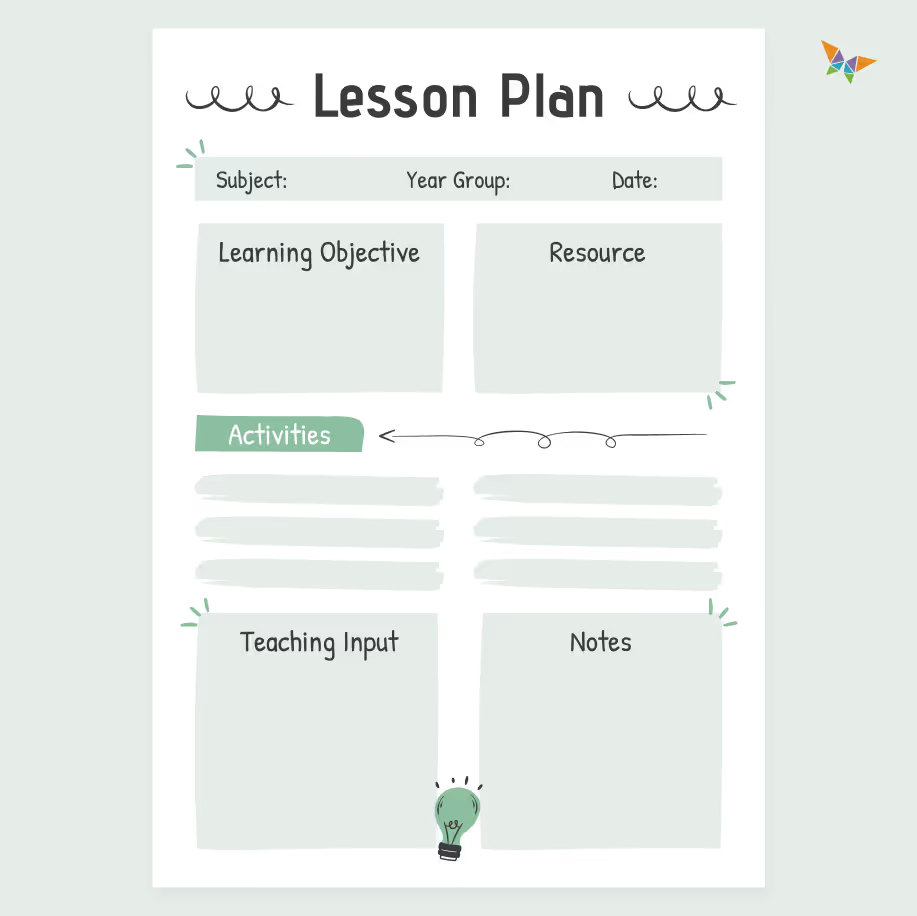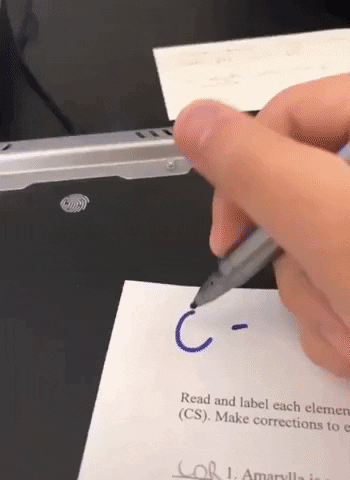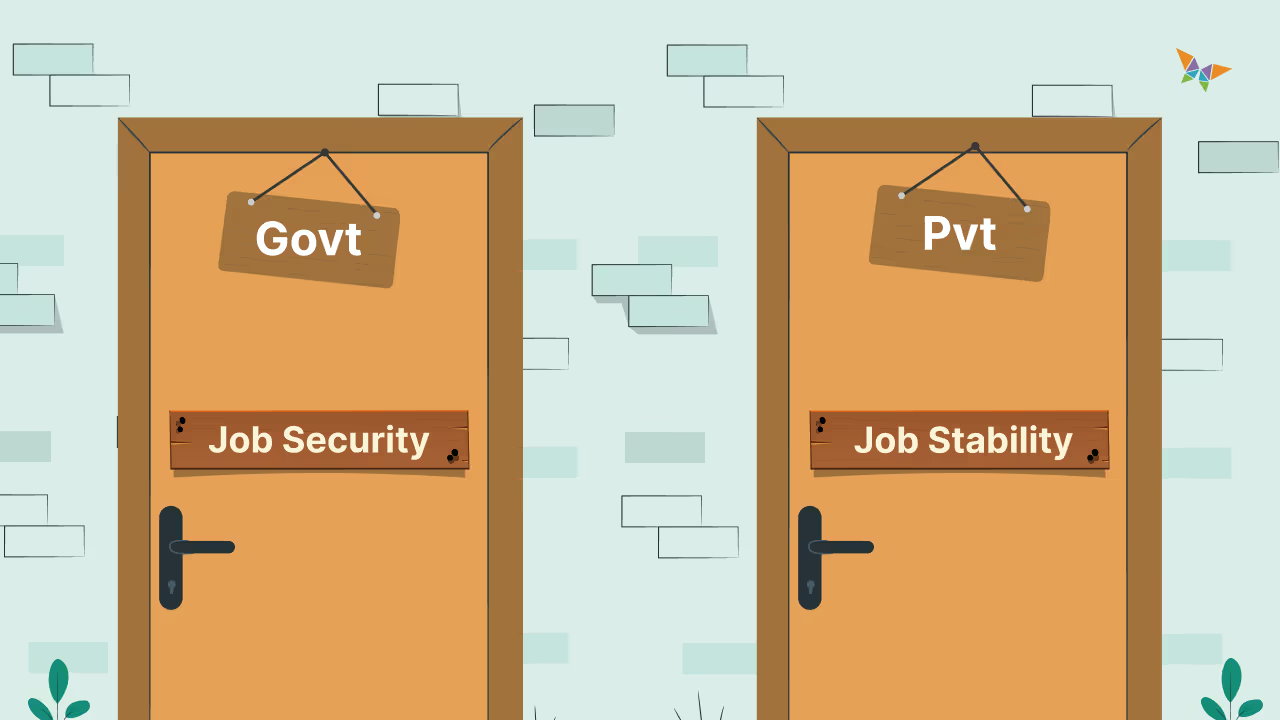In India, teachers hold an esteemed position, reflecting the sentiment captured in the revered saying, "Acharya Devo Bhava" – teachers are akin to gods. Rooted in a rich cultural heritage, the value of education and the pivotal role of teachers have been deeply ingrained in Indian society. This profound respect and admiration fuel the aspirations of countless individuals who yearn to embark on a teaching career, eager to contribute to the nation's intellectual growth.
However, amidst the enthusiasm, teachers often find themselves confronted with a perplexing question: “What path should I choose? Teaching in a private school vs government school- what should I pick?”
Honestly, it is one of the longest ongoing debates for teachers. However, the education ecosystem in India is undergoing rapid development. Both the private and government sector schools are doing some tremendous work to take teaching and learning to new heights. Hence, it is tough to say how vast is the difference between government school and private school. But isn’t Suraasa known to address the hard conversations to help the teachers’ community grow? So, here we are!
In this blog, we address the classic teaching in government school vs teaching in private school discussion by seeing it through the lenses of job responsibilities, teaching experience, and qualifications required.
Read along to find out all this and more.

Let's explore some of the parallels involving teachers in private and public schools so that, by the end of this blog, you will know your true calling.
The minimum qualification to become a teacher, whether in a government or private school, is a Bachelor’s Degree with minimum 55% marks.
Private Schools
It is not compulsory for private school teachers to have a B.Ed degree. However, private and international schools often look for specific skills in teachers that match their standards of pedagogy. There are also some teaching qualifications like PgCTL that can help teachers acquire the latest teaching skills and are in demand in many top schools in India.
Now, you must be wondering, “Isn’t B.Ed compulsory for teaching in schools?” Well, let me tell you that B.Ed may not always be compulsory. Most private schools are known to welcome teachers with recognised professional teaching qualifications, allowing them to teach even without a B.Ed degree.
Government Schools
You should have a B.Ed, B.EL.ED or D.EL.ED to start teaching in a government school in India. Additionally, you also may have to qualify for compulsory eligibility tests like TET, or CTET, and other similar ones.
Today, even government schools expect their teachers to be up-to-date with modern teaching skills. Hence, teachers who have done courses like PgCTL have an extra edge to offer even in government schools.
Secondary And Higher Secondary School Section
To teach in the Secondary and Higher Secondary section, you must have a postgraduate degree in the particular subject. This is a common requirement for both private and government schools.

A teacher's job responsibilities are similar in both private and government sector schools. However, their nature can vary according to the set-up of the school. Here are a few of them along with how they can vary with different set-ups:
Lesson Planning

Private school teachers often have access to the latest tools and software to plan their lessons well ahead of time and in an effective manner.
For a long time, lesson planning in government schools was not a well-thought-out procedure. It was also a manual process. However, with the increased importance of improving the quality of education throughout the country, government school teachers are now using technological solutions to plan lessons.
Assessment And Evaluation

Assessment and evaluation in private schools are a little rigorous in nature. There are frequent tests and also tests of different natures that evaluate the student according to their different abilities. Private school teachers use digital solutions for assessment as they conduct some of their examinations online.
Government school teachers are often seen following manual evaluation methods. However, several states are inclining towards introducing technology for assessment. The government is pushing forward the use of ICT or Information Communication Technology in education and is committed to increasing smart schools and classes.
Administrative Tasks

Teachers of private schools, as well as government schools, need to take care of some administrative duties. So whether you join a private school or a government school, you will be handling tasks like record maintenance, organising important events, ensuring efficient communication with all the stakeholders, and other similar activities.
On-the-job experience is a crucial factor that helps aspiring teachers decide their true inclination. Here is a glimpse of what the experience of teaching feels like in a private school versus that of a private one.
Salary

Some Private schools and international schools are known to pay their teachers pretty well. According to a recent survey, if you join as a teacher in an international school in India, you may earn an annual income starting at INR 20 lakhs.
Different state governments have different pay scales for their teachers. Some states, like Maharashtra offer a basic salary in the INR 9400- INR 34,800 range for primary and secondary teachers. A crucial point to keep in mind here is that as a government school employee, your salary will be up for revision with every new pay commission.
It’s very important to note that some private schools may offer starting salaries lower than those in government schools. If salary is a key factor for you, you would want to make sure that you are identifying the top schools near you that can pay you higher salaries.
Different state governments have different pay scales for their teachers. Some states, like Maharashtra offer a basic salary in the INR 9400- INR 34,800 range for primary and secondary teachers. A crucial point to keep in mind here is that as a government school employee, your salary will be up for revision with every new pay commission.
It’s very important to note that some private schools may offer starting salaries lower than those in government schools. If salary is a key factor for you, you would want to make sure that you are identifying the top schools near you which can pay you higher salaries.
Vacations And Holidays

Private school teachers have fewer days for vacation than their government counterparts. Moreover, even during the summer and winter holidays, you will be expected to come to school for a certain number of days to help with administrative duties and other similar functions.
Government teachers enjoy all the marked holidays on the official calendar. They also get the conventional 50 days of summer holidays along with a shorter winter break.
It is important to keep this factor in mind while choosing to teach in private vs government schools. Understanding the differences can help your overall teaching experience but also align better with your personal life and career goals.
Resources

Resources here imply tools and assistance that teachers get to make learning interesting for their students. As a teacher in a private school, you will have access to learning software and a wide range of publications to refer to. You can use them to create an engaging experience for your students.
Government schools stick to books of their affiliated boards, and usually have less resources to refer to for teaching. However, here you can get creative and design simple learning tools to bring an equally impactful learning experience for your students.
Several state governments are doing a tremendous job in updating their schools and classrooms by bringing in the latest edu-tech solutions. The Delhi government is spearheading this by setting up smart classrooms that are powered with state-of-the-art technology. These classrooms have a wide range of online learning resources, cameras for live recording and smart boards as well.
Professional Development

Private schools are more competitive than government schools when it comes to the professional development of their teachers. Therefore, you will be constantly encouraged to participate in training and upskilling. Private schools arrange training sessions for their teachers and motivate them to enrol in training courses at an individual level as well.
Government school teachers are usually trained by the DIETs (District Institute of Teacher Education), National Council for Teacher Education, and other relevant bodies. You may have to participate in such training sessions that are held periodically.
Travel and Transfers

The job of a government school teacher is transferable. In fact, some states have made it compulsory for teachers to serve at a rural location for a minimum period. You may also be required to travel outside your job location to conduct examinations.
Private school teachers are not usually transferred from their location. However, if the school is a part of a larger chain, then there may be a possibility for that.
Nevertheless, as a school teacher, you may travel to other locations while escorting students to competitions or conferences, for both private and government schools.
Job Security and Stability

Job security and stability are important considerations for teachers in both government schools and private schools in India.
In government schools, teachers generally enjoy a higher level of job security. They are appointed through a formal selection process conducted by government bodies, such as state or central education departments.
Private schools are generally run by private entities, which may have their own recruitment policies. Teachers in private schools are often employed on permanent, contractual or renewable terms, which means their employment may be subject to periodic review or renewal.
It is important to note that job security and stability can vary within both government and private schools based on factors such as location, school management, and other policies. Hence, it is upto you, based on your preferences, whether you go for a private school v/s a government school.
Work-Life Balance and Job Satisfaction

Work-life balance and job satisfaction can vary within both government and private schools based on individual experiences and specific school environments. Factors such as workload, school culture, leadership, and support systems can significantly influence the work-life balance and job satisfaction of teachers in both sectors.
In government schools, teachers often have a relatively structured work schedule and working hours. They may have pre-determined working days and holidays, which can contribute to a more predictable work-life balance.
On the other hand, teachers in private schools may experience different work-life balance dynamics. Private schools often have varying schedules. The varying nature of teacher schedule offers greater flexibility. This flexibility in scheduling can offer opportunities for teachers to engage with students and contribute to their personal growth outside of regular classroom instruction.
Here’s a quick review chart for understanding the major differences we discussed for choosing between a private school vs government school:
As discussed in the introduction, both private and government schools come with their unique set of features. The debate around the comparison between government and private schools in India is slowly fizzing out, as we can see that both these sectors are transforming at a rapid pace. This has inherently led to an evolution of teaching roles and responsibilities for teachers in both sectors, headed towards the same goal of offering high-quality education to their students
So, while some aspiring teachers opt for the structure and security of a government school, others love the thrill and excitement of ultra-high salary packages and the opportunity for global interactions that a private school can bring. Whatever you pick, teaching is undoubtedly a delightful experience of constant learning and development.
I hope this blog helped you gain some insights into what you want your teaching career to look like.
But if you are still feeling unsure, then do not hesitate to talk to a Suraasa mentor here and achieve the teaching career of your dreams.
Q1. Where can I find private school teaching jobs in India?
You can look for private school teaching jobs through job consultancies or online job portals that specifically cater to teachers. Alternatively, you can visit the official websites of schools you want to teach in and apply for the available vacancies that suit your requirements.
Q2. How can I find out about teaching vacancies in government schools?
Government schools have a structured recruitment process. The recruiting agencies for such schools publish information about vacancies and other recruitment details in major national and regional newspapers across the country. This information is also available on their official websites.
Q3. What is the maximum age to become a teacher?
Usually, government schools have an age limit of 18-40 years to apply for teaching positions. However, the upper limit can vary based on the different policies of the government.
The age limit for teachers in private schools is not fixed. As long as an individual is fit to work, can effectively handle teaching duties, and meets the criteria set by the school or institution, they may be considered for a teaching position.








